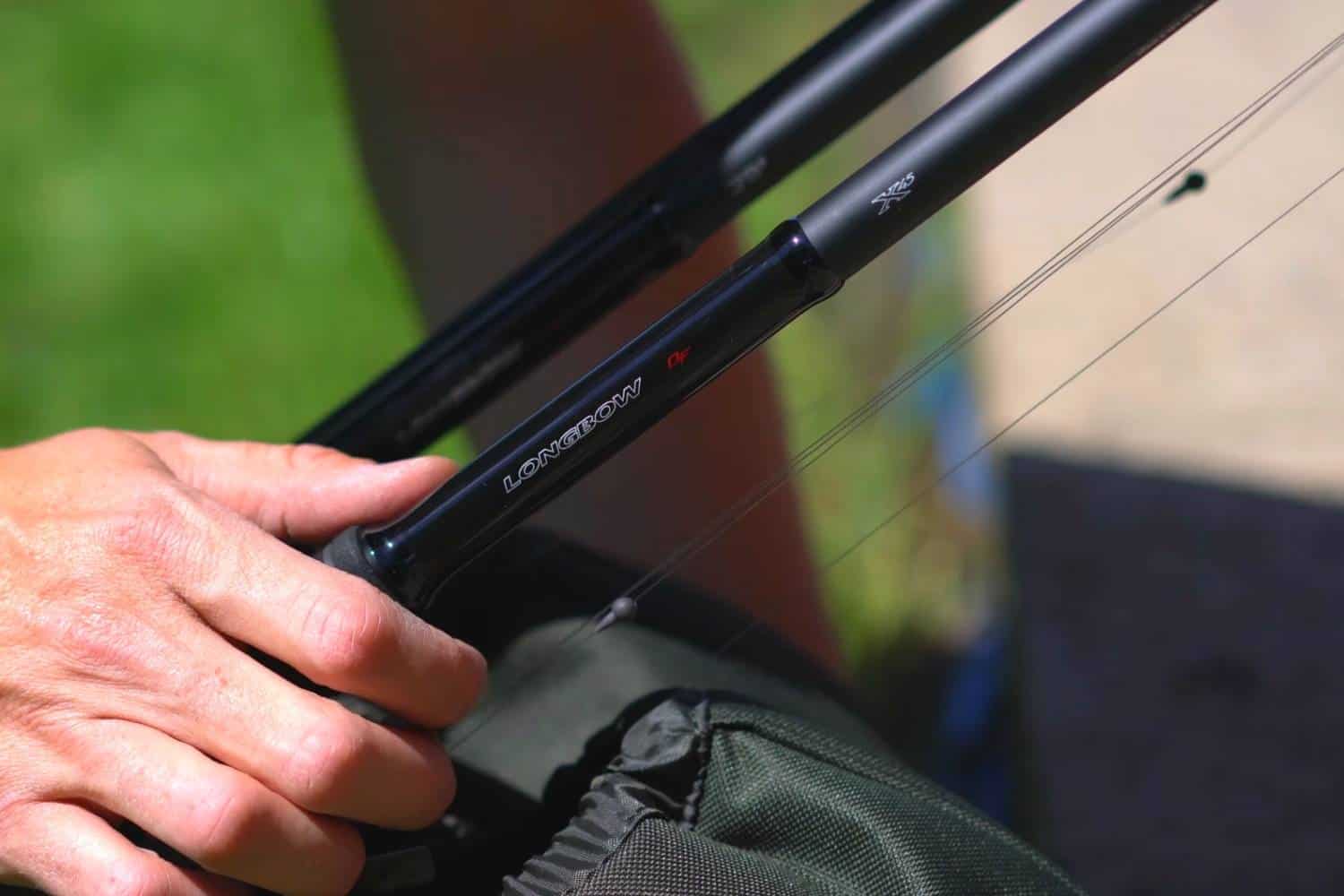In a time when the healthcare arena is more digitally competitive and data‑driven than ever, embracing a deliberate and well‑orchestrated strategy in healthcare digital marketing is essential. This isn’t simply about visibility—it’s about connecting meaningfully with people at the exact moment they’re seeking help, reassuring them, and guiding them toward a decision. For providers engaged in addiction treatment marketing, this equation takes on even greater significance: the message must resonate with urgency, empathy and trust.
The Importance of Purposeful Paid Search
When someone opens a browser looking for help—whether it’s a wellness check, a treatment program, or recovery services—their intent is high. That moment represents a critical junction: will they find a provider that speaks to their need? A paid‑search campaign designed within a robust healthcare digital marketing framework ensures that you are visible at that precise moment, not only to be seen, but to be heard and engaged. In the realm of addiction treatment marketing, this becomes particularly vital. People seeking recovery are often dealing with complex emotions, immediate needs, and the weight of a life change. Therefore, your digital outreach must carry the correct tone, address their state of mind, and present clear, accessible next steps.
This kind of campaign must be constructed with precision. It requires understanding the search vocabulary of your audience, the decision journey they are on, and the assurances they need to move from search to contact. What they see in the ad must match the landing page and experience—otherwise, confusion or frustration can set in and the opportunity is lost.
Building an Effective Campaign within Digital Marketing
Launching a meaningful paid‑search campaign means aligning your objectives with the journey of your potential patients. Whether your goal is to increase assessment calls, raise awareness of specialized services, or fill treatment slots, your digital strategy must be aligned accordingly. In the broader field of healthcare digital marketing, success is rarely about blasting ads widely—it’s about relevance, resonance and refinement.
Keyword selection plays a pivotal role. For organisations focused on addiction services, terms such as “substance use help now”, “outpatient addiction recovery program”, or “24‑hour rehabilitation intake” may capture higher intent. But it’s not just the keywords—it’s how your message speaks to the person behind the search. The ad copy must offer empathy, clarity, credentials and a compelling call to reach out. Once the user clicks, the experience must deliver. The landing page should reflect the same tone and promise: mobile‑optimised design, trust indicators such as certification or testimonials, and a clean path toward contact. In the continuum of addiction treatment marketing, this path must feel approachable, safe and immediate.
On the analytics side, measurement becomes non‑negotiable. Tracking click‑through rates, cost per conversion, audience engagement and keyword effectiveness enables refinement. A modern campaign doesn’t stay static—iteration based on real data allows your healthcare digital marketing efforts to improve, reduce wasted spend and enhance outcomes. For addiction‑focused services, that may mean shifting bid strategies on high‑intent queries, excluding low‑quality traffic, and refining landing pages for improved contact rates.
Ethics, Integration and the Bigger Picture
In healthcare, especially within the arena of addiction services, ethical considerations are paramount. Advertising claims must be honest, targeting must abide by regulations and patient privacy must be respected. Within an effective healthcare digital marketing strategy, the paid‑search component must be one part of a holistic campaign—not the entirety. Ethical messaging aligns with target‑segment sensitivity, avoids exaggerated outcomes and maintains clarity around service expectations.
Furthermore, paid campaigns are most effective when integrated across channels. Content marketing, organic search optimisation, patient‑experience storytelling, reputation management and social engagement all provide substance behind the click. For addiction treatment marketing, paid ads may generate the initial lead, but the surrounding content ecosystem builds trust, explains treatment options, showcases outcomes and supports conversion. In that sense, digital marketing becomes not just a matter of advertising, but a comprehensive journey from search to patient connection.
Moving From Clicks to Care
Ultimately, the goal of any digital outreach in healthcare isn’t simply to increase website traffic—but to bridge individuals from need to care. When built within an intentional healthcare digital marketing strategy and applied thoughtfully to specialties like addiction treatment marketing, each campaign becomes more than a marketing effort—it becomes a meaningful connection. Through keyword‑precision, responsive user experience, ethical messaging and continuous optimisation, your online presence transitions from “found” to “chosen”.
When all these elements align, the paid search component evolves beyond a funnel into a pathway for timely support, meaningful engagement and real‑world outcomes. By meeting patients where they are, guiding them with clarity and inviting them into a trustworthy process, your digital strategy becomes both a growth engine and a source of genuine impact.




